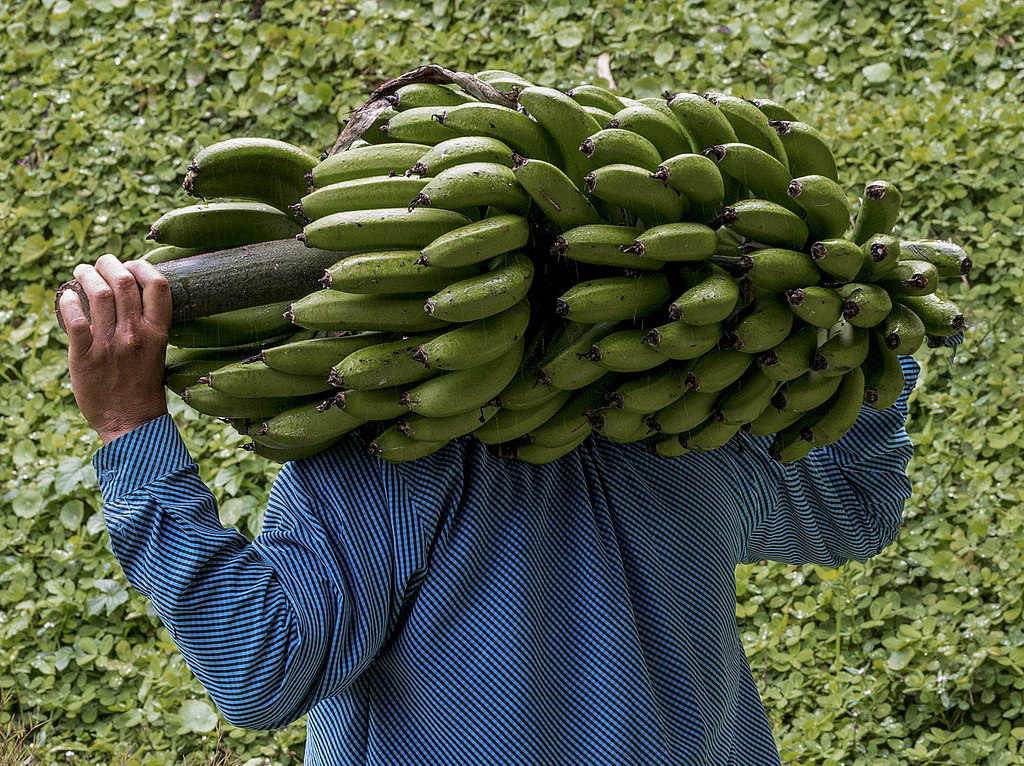More than four years after a Panama lawmaker first introduced a hemp bill in late 2020, the country’s National Assembly has approved legislation to regulate the production, marketing, and export of the crop.
The proposed law, promoted by independent deputy Carlos Saldaña, and approved with the support of deputies from other caucuses, calls for regulations on sowing, cultivation, harvesting, processing, storage, export, transportation, and marketing. Regulations would also be set for the possession and use of hemp planting seeds.
Saldaña said the proposed measure was developed jointly with different government institutions through technical committees, and could help in the country’s recovery from a crisis in its Social Security Fund (CSS) by generating jobs and giving farmers an opportunity to increase their income.
Panama’s Social Security Fund faces a severe financial crisis due to high labor informality, generous pension benefits, and economic slowdowns reducing contributions. With over 45% of the workforce in “informal” jobs, revenue remains insufficient to cover rising payouts. The imbalance threatens the system’s sustainability, requiring urgent reforms, economists have said.
No subsidies
Saldaña said the the hemp bill could open up opportunities for sustainable employment, without the need to hand out government jobs or subsidize producers.
The bill must now be sent to President José Raúl Mulino for approval or veto. The president has given little indication of his views about cannabis.
Panama has legalized medical cannabis, allowing its use for therapeutic, medical, veterinary, scientific, and research purposes. However, recreational cannabis use remains illegal.
Following an initial proposed hemp law in 2020, Panama legalized medical cannabis in 2021 when the government established a framework for the import, distribution, and sale of medical marijuana products, allowing their use for therapeutic, medical, veterinary, scientific, and research purposes. Rules that were finalized in August 2022 do not explicitly permit or ban medical-grade CBD, leaving its legal status dependent on regulatory interpretation. It remains illegal to sell CBD over-the-counter. Recreational cannabis use is also illegal.
Limited ag productivity
Despite Panama’s service-driven economy, agriculture remains essential for food security and rural livelihoods. However, challenges such as land fragmentation, outdated practices, and vulnerability to climate change have limited productivity. The government has sought to modernize the sector through investment in infrastructure, irrigation, and sustainable farming initiatives, but small farmers still face barriers to accessing credit and markets.
About 582,000 hectares (~1.4 million acres) of land in Panama is farmland; key crops are bananas, cocoa, beans, coffee, corn, potatoes, rice, soybeans and sugar cane.

